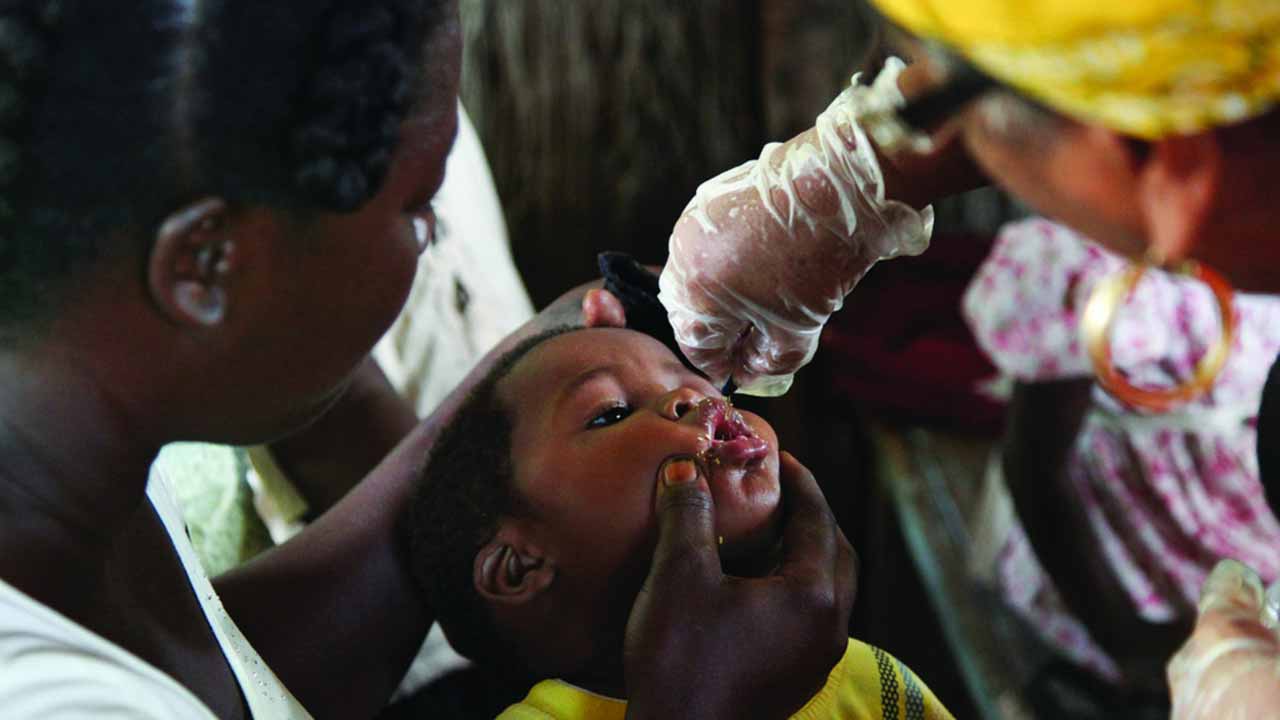
• Decry Nigerians’ Attitude Towards Scourge
Stakeholders in the health sector have decried the ordeal of about 1.6 billion of the world’s poorest in the hands of Neglected Tropical Diseases (NTDs).
They spoke yesterday in Abuja at a roundtable organised by the Christian Medical Scientists and Basic Health Foundation (CMESBAHF) to commemorate the World NTDs Day.
NTDs are a diverse group of tropical infections common in low-income populations in developing regions of Africa, Asia and the Americas, caused by pathogens such as viruses, bacteria, protozoa and helminths.
According to them, about 40 percent of the said population lives in Africa, explaining that NTDs are preventable and treatable, but cause disfigurement, disability and even death.CMESBAHF project assistant, Dele Fayemi, who lamented that Nigeria remained the country with the biggest NTD burden in Africa, urged the federal Government to further strengthen its preventive chemotherapy programme for all five diseases.
The disease has stopped children from going to school and robbed millions of adults of their most productive years, depriving developing economies of billions of dollars in income, he asserted.His words, “Defeating NTDs is not just the right thing to do. It is a social justice issue and will be essential to deliver the Sustainable Development Goals (SDGs) and Agenda 2063, which, among other things, aims to free Africa from its heavy burden of disease, disability and premature death.
“Nigerian government should deliver systematic annual high-coverage implementation of all components, in all risk groups, as recommended by WHO. It should support the Expanded Special Project for Elimination of Neglected Tropical Diseases (ESPEN) established by WHO Afro region for the elimination of these five diseases.”
NTDs programme manager for the Federal Capital Territory (FCT), Eunice Ogundipe, raised the alarm over the attitude of Nigerians towards NTDs and called for massive awareness creation on NTDs, adding that so many Nigerians were ignorant of them.Ogundipe explained: “NTDs is usually common in areas where there is poverty, poor housing, substandard living, poor environmental and personal hygiene. It is a disease associated with poverty thriving in developing nations of the world.”
She addedthat the next three years, the country should expect the morbidity rate to be very low so many citizens to be aware of NTDs. “When Nigerians are suffering the chronic manifestation of NTDs, they associate NTDs with witchcraft, household enemies and so many harmful socio-cultural practices in Nigeria, instead of going to the root of the matter.”






